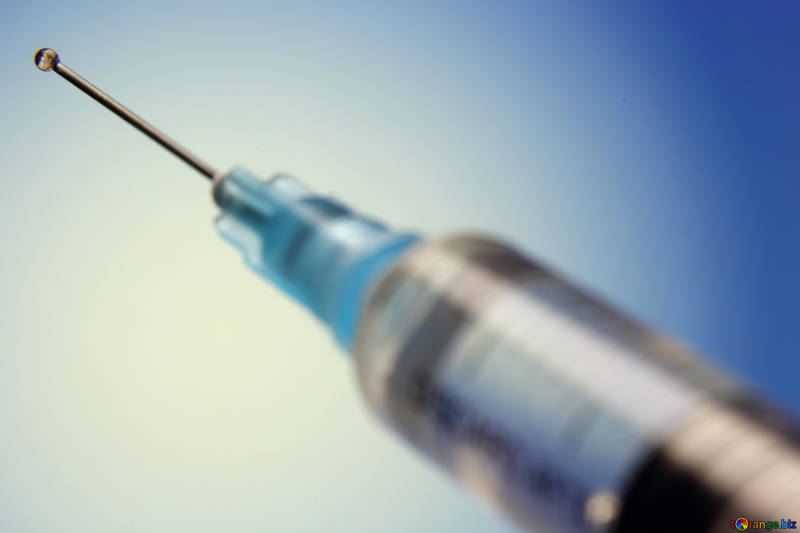Who and how does vaccine testing in the UK

In the UK, vaccines will be tested on volunteers deliberately infected with Covid-19, writes the Financial Times
London will host the world's first trials of the human challenge at Covid-19 in which healthy volunteers are deliberately infected with coronavirus to evaluate the efficacy of experimental vaccines – reports the FT .
The UK government-funded studies are expected to begin in January at a secure quarantine facility in east London, several people involved in the project are reported to have announced next week.
The researchers, who declined to comment publicly prior to launch, said the studies will play a vital role in narrowing the broad field of promising Covid-19 vaccines that are likely to move to clinical trials early next year.
Volunteers will be inoculated with a vaccine and a month or so later they will receive a "challenge" dose of Sars-Cov-2, the virus that causes Covid-19, under controlled conditions.
Approximately 2,000 potential volunteers have signed up for challenge trials in the UK through the US-based 1Day Sooner advocacy group, which campaigns for Covid-19 infection studies and enrolled 37,000 people in all. the world. Traditional clinical trials need tens of thousands of participants, and researchers would struggle to attract enough people for multiple vaccine studies.
Challenging clinical trials have a long history dating back to 1796, when vaccine pioneer Edward Jenner inoculated eight-year-old James Phipps with the cowpox virus. More recently, they have been instrumental in developing vaccines and treatments for typhus, cholera and malaria, and in understanding how the immune system responds to flu and other viruses.
Dominic Wilkinson, a professor of medical ethics at Oxford University, is one of several leading UK ethics experts who have signed the 1Day Sooner petition.
“When we are faced with an unprecedented global threat from Covid, it is an ethical imperative to carry out well-controlled challenge studies to help develop a vaccine and then identify the best vaccines,” said Professor Wilkinson. "Those that emerge first from clinical trials are unlikely to be the best."
Any Covid-19 challenge study will need to be approved by the UK Medicines and Healthcare products Regulatory Agency and an independent research ethics committee.
"Clinical trials can be useful for vaccine development and can provide early evidence of clinical efficacy, particularly when there are low rates of virus infection in the population," the MHRA said.
"The safety of trial participants is our top priority and any proposal by a developer to include a human infection challenge as part of a clinical trial for vaccine development would be considered on a benefit-risk basis, with risks monitored and minimized in the design of the proposed trial ".
The organizer of 1Day Sooner's petition in the UK is 18-year-old Alastair Fraser-Urquhart who is dedicating his time to the campaign before heading to University College London to study cancer biology next year.
"By exposing only a few hundred carefully screened young and healthy people to the coronavirus we can test a wide range of vaccines very quickly," Fraser-Urquhart said. A crucial aspect of the challenge trials is to select and purify an appropriate strain of the virus that is genetically representative of Sars-Cov-2 currently circulating in the population, and to choose doses that infect volunteers without overloading their immune systems. It is also essential to have a "rescue remedy" available to prevent serious illness in the participants. The London trial will initially use remdesivir, the only antiviral drug that has so far been shown to work against Covid-19.
Volunteers who participate in influenza challenge studies are paid up to £ 3,750. The payment for Covid-19 studies will likely be a bit higher because the isolation will last longer – potentially up to a month.
In the United States, the National Institutes of Health awarded Colorado State University a contract worth at least $ 3.6 million to support the production of two viral strains that could be used for human challenge studies. He is preparing the production process of one of the strains. The NIH is also studying the technical and ethical requirements for challenge trials.
(Extract from the press review by Epr Comunicazione)
This is a machine translation from Italian language of a post published on Start Magazine at the URL https://www.startmag.it/innovazione/chi-e-come-fa-i-test-dei-vaccini-nel-regno-unito/ on Sat, 26 Sep 2020 05:30:17 +0000.
